
Astronauts find their tastes dulled, and a VR ISS hints at why
The visual environment of the ISS seems to influence people's experience of food.
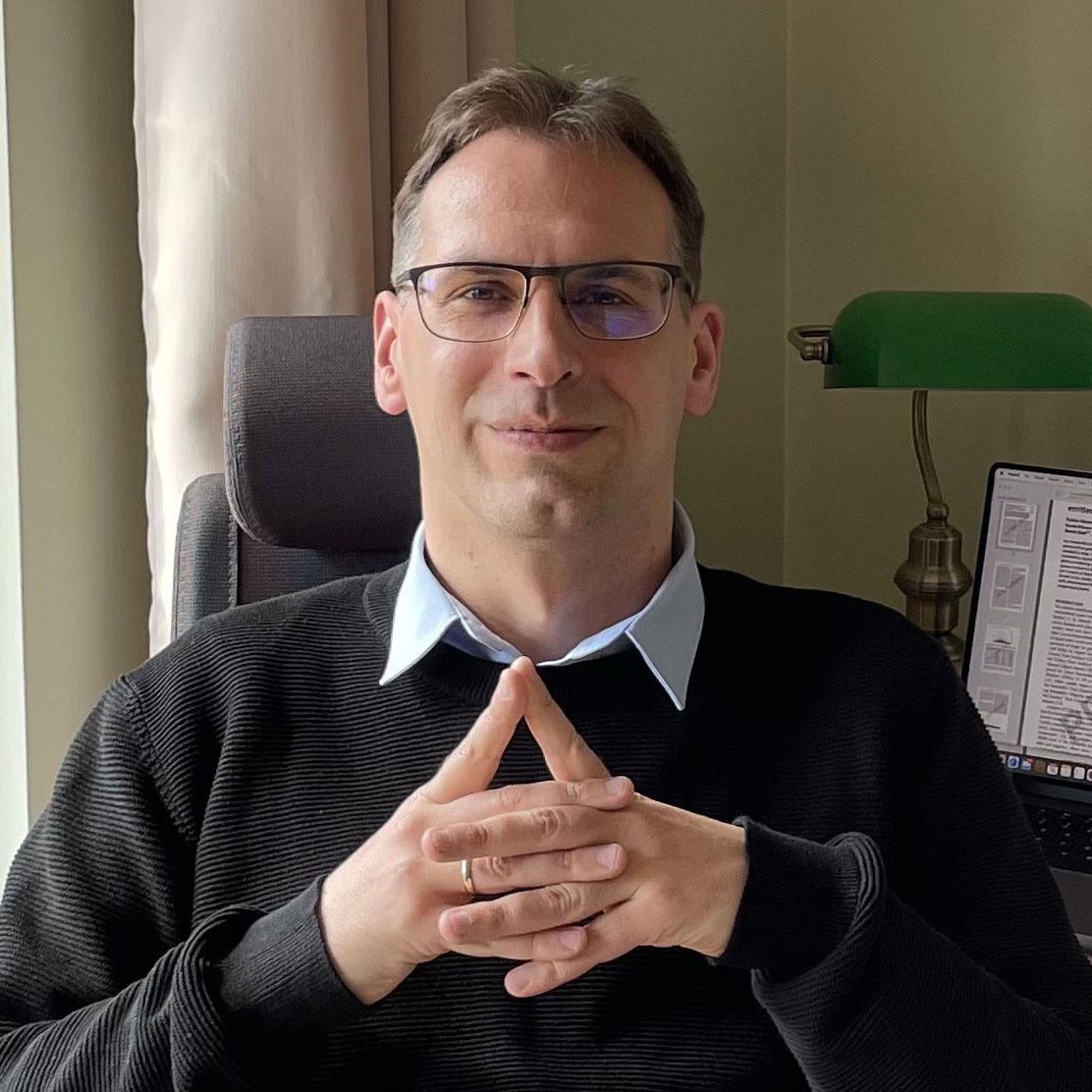

The visual environment of the ISS seems to influence people's experience of food.
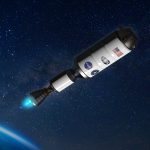
The military and NASA seem serious about building demonstration hardware.
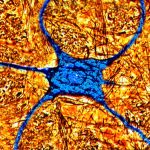
When processing language, individual neurons respond to words with similar meanings.

Found after its kind were thought extinct, and where it was thought to be too cold.
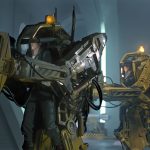
A model trained in a virtual environment does remarkably well in the real world.

Software that promises to detect AI-produced text fails to deliver.
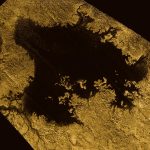
The liquid hydrocarbon waves would likely reach a height of a meter.
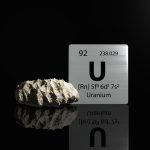
The US is still regulating some enriched uranium based on an analysis from the 1950s.
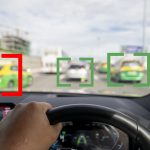
New system is a mix of traditional camera and one that only highlights changes.
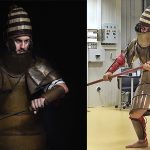
People suspected the Dendra armor was ceremonial, but new tests show its utility.

The features that whale calls share with language are very abstract.

Sometime between May and September, a white dwarf is expected to go thermonuclear.
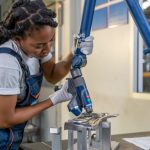
Maximum Diffusion Reinforcement Learning focuses training on end states, not process.

A fusion reactor in San Diego surpasses a limit on plasma density.

The spheres collapse under pressure, giving the fluid very unusual properties.
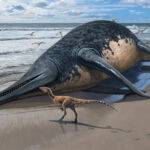
Bones from the head of a reptile suggest a body that was well over 20 meters long.

Snaking into the ice on Enceladus might work better than drilling through it.
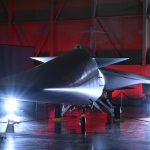
Supersonic flight without loud booms? NASA is working on that.
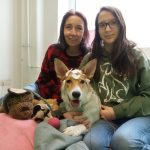
Their reaction to the person naming an object might have masked signs of recognition.

It won't help with heat-driven bleaching, but other human damage can be fixed.
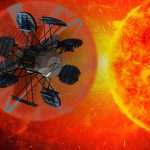
Active shielding was first proposed in the '60s. We’re finally close to making it work.
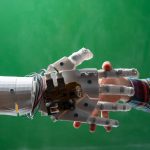
Stick a camera on a child, then feed what it captures to an AI, and it almost works.

Problems at a chromium mine in Albania traced to nearly pure hydrogen in a fault.
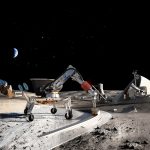
Ultra-lightweight building blocks can be assembled by simple robots.
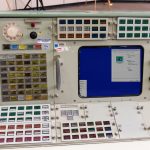
The updates don't come every spring and fall, but space operating systems keep evolving.

Figuring out radiation was a huge "turning point in the history of space electronics."
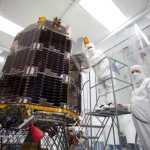
“Not much room to improve radio frequency tech... We're running out of low-hanging fruit."
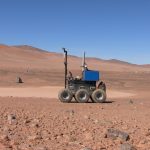
The future of deep-space exploration? "We can't deal with it without autonomy.”

Getting voice assistants to speak Slovakian first means getting better AI learning.
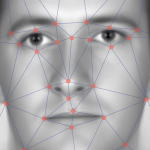
"This technology at the airport... is premature. It’s not the right way to go."